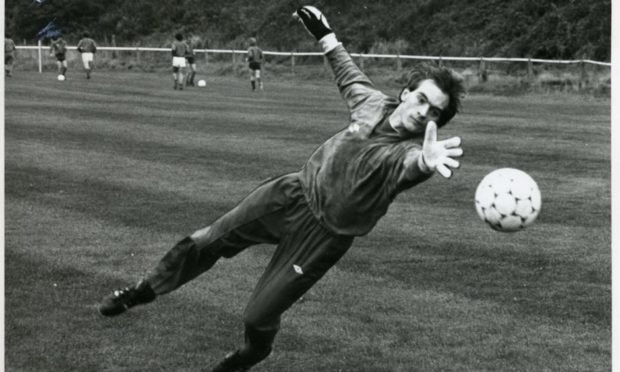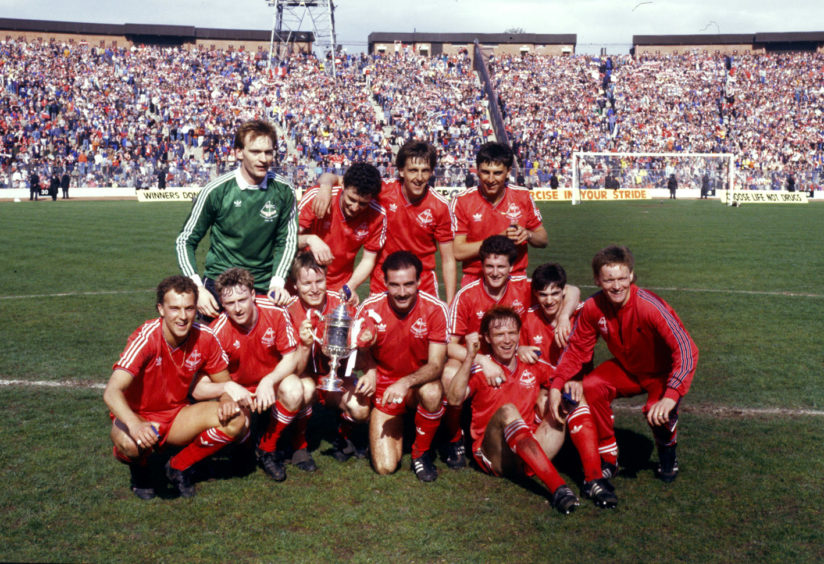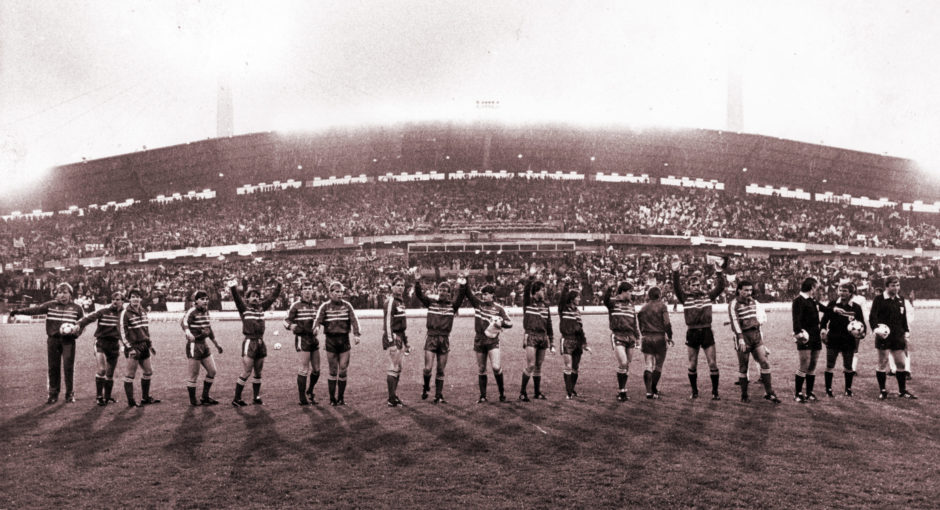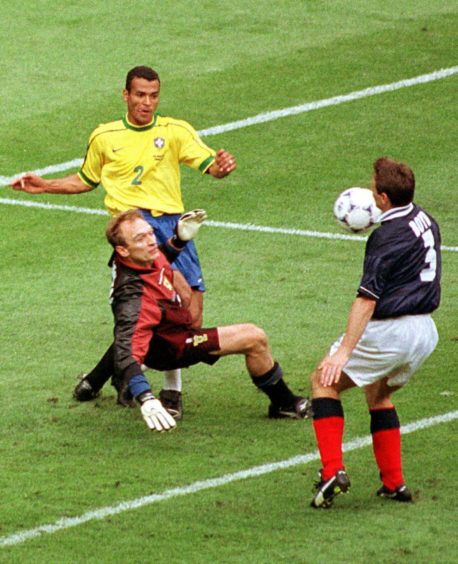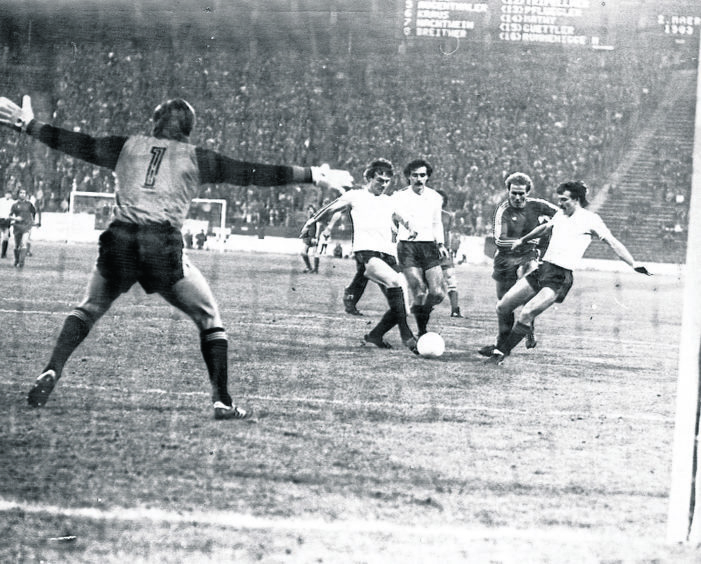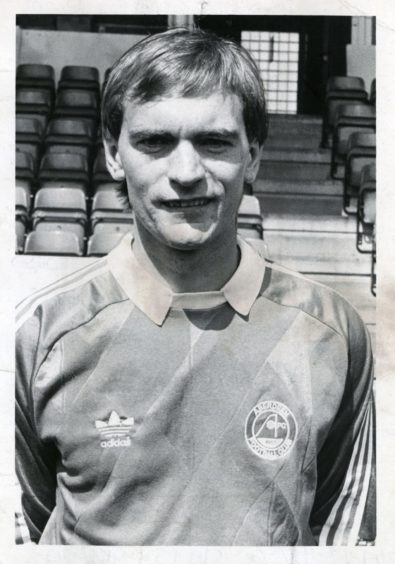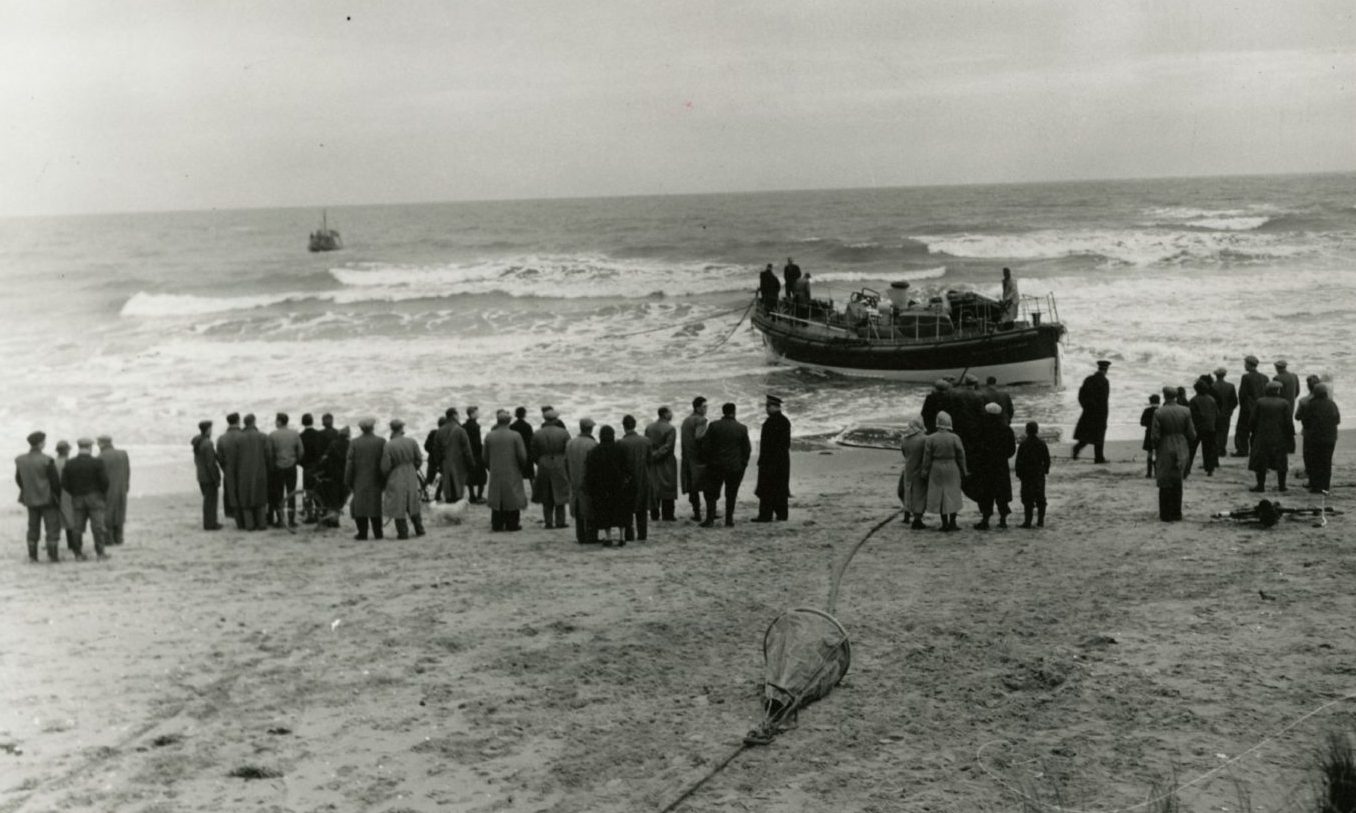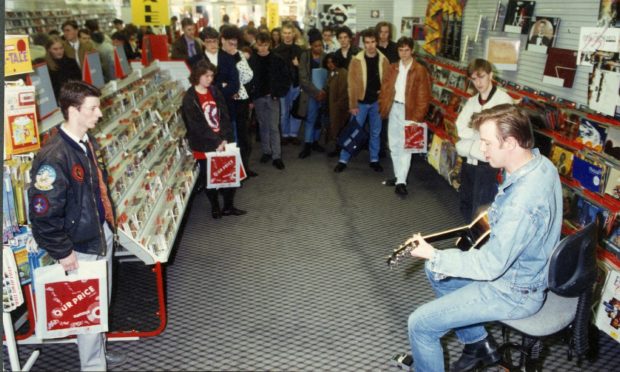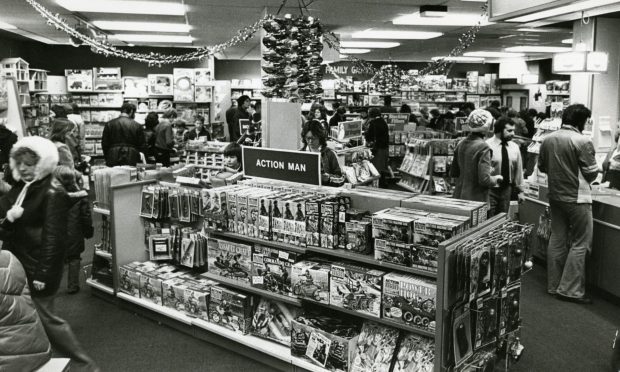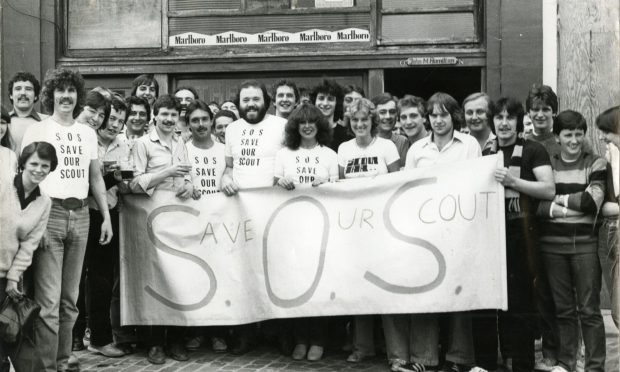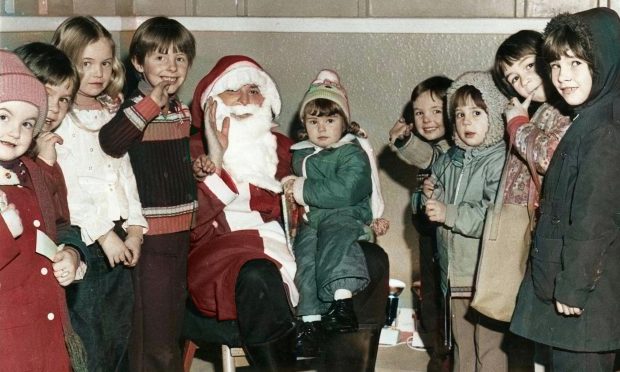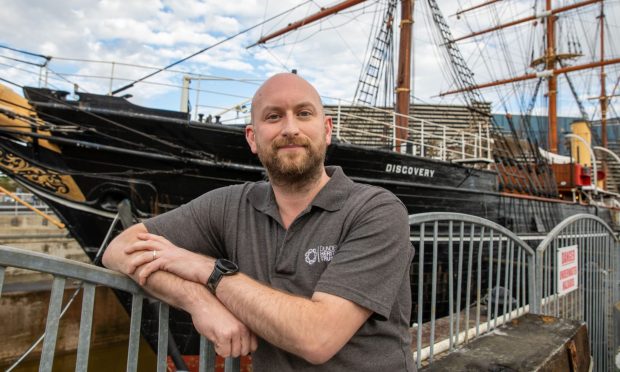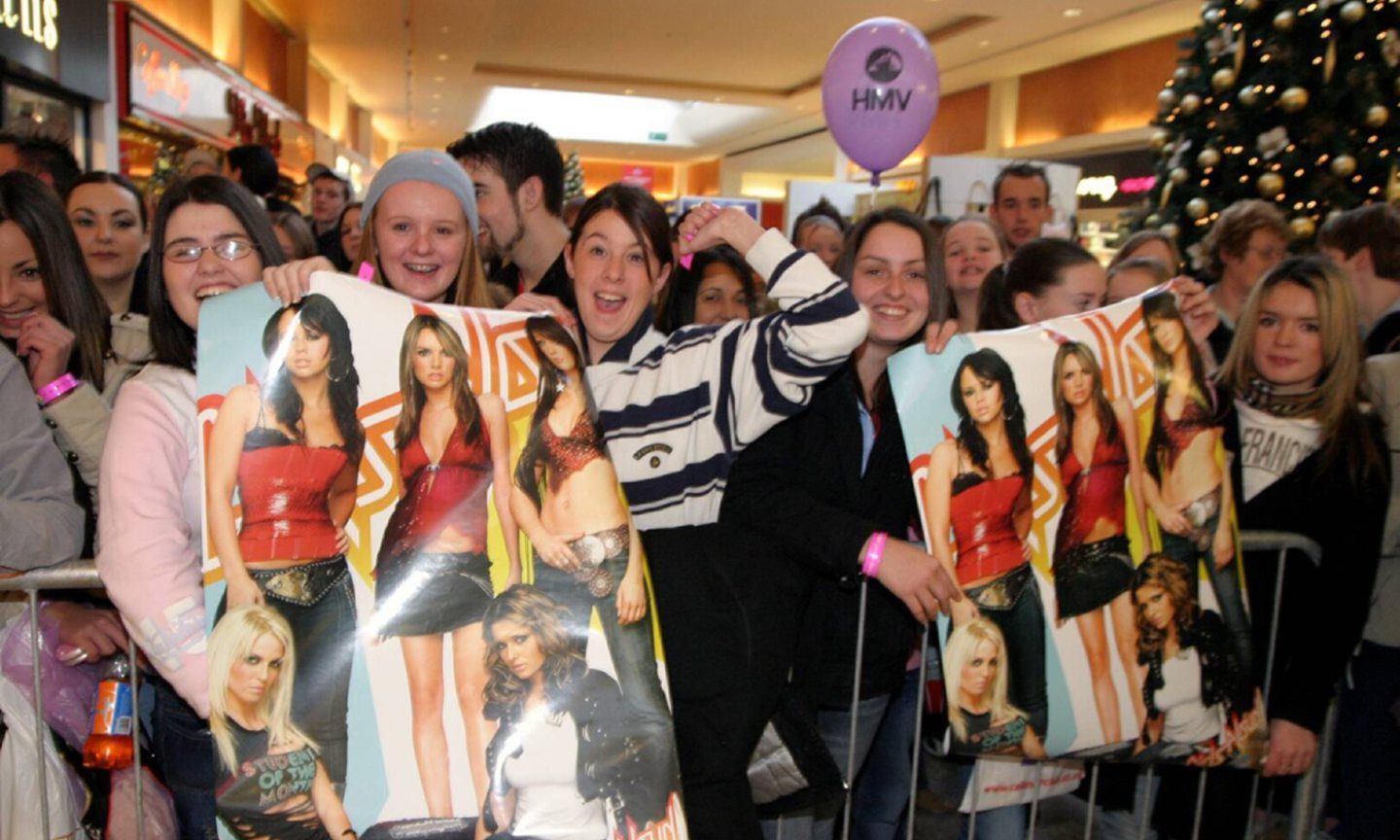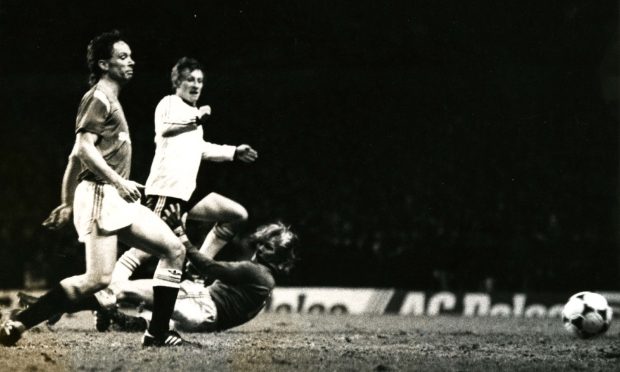Jim Leighton can remember the struggle he faced after being discarded from the first team at Manchester United 30 years ago.
The Gothenburg Great has never forgotten how he slipped “into the doldrums”, how his children kept being told “their old man was crap” by the other kids at school and how he believed for a time that he had “fallen off the end of the earth”.
That was an understandable reaction while the 91-times-capped Scotland goalkeeper languished in the reserves at Dundee in the early 1990s and reflected on the contrast between that and savouring European Cup Winners’ Cup glory with Aberdeen just a decade earlier.
In recent times, Leighton, 62, has had more to worry about than defending corners and stopping strikers in their tracks.
Two years ago, he was diagnosed with prostate cancer which subsequently spread into his lymph nodes, and required him to undertake 37 gruelling sessions of radiotherapy.
And although, he has now been given the all-clear by the medics at Aberdeen Royal Infirmary, he told the Press and Journal he was now determined to campaign for greater awareness of the illness which kills a man every 45 minutes in Scotland.
As Leighton said: “Just think about it – during the course of one football match, two more lads lose their lives to this disease in this country, and yet it’s as if nobody wants to talk about it.
“I’ve heard it often enough from people around me. We say that we’ll go to the doctor, but then we put it off to next week and then the week after that.
“It’s always next week, for men being men. Then suddenly, next week doesn’t come.”
Four World Cup squads
The Scot experienced the full gamut of emotions through his lengthy career and, barring a remarkable transformation in his country’s fortunes, few of his compatriots will ever be able to say they were chosen for four World Cup squads in 1982, 1986, 1990 and 1998.
That latter campaign marked redemption for Leighton, following the downturn in his fortunes after he notoriously fell out with Manchester United manager, Sir Alex Ferguson – the pair haven’t spoken for three decades – and left Old Trafford to return to his homeland.
While at Dundee in 1992-93, the prospect of further international honours seemed remote. But Leighton, a meticulous, competitive individual with the attitude that genius is an infinite capacity for taking pains, refused to accept he could not rise again.
A move to Hibs reaped dividends, as the prelude to him returning to his old haunts at Pittodrie and gaining a place in the squad for the 1998 World Cup in France, where Craig Brown’s team were pitted against mighty Brazil in the opening game of the tournament.
No wonder that, even now, Leighton still speaks about this contest, which his side lost 2-1 despite acquitting themselves well, with something approaching wonder. He was on the brink of turning 40, yet remained as lithe and committed to training as throughout his career.
He talked of his pride at his family being able to watch him participate in the sport’s main event; the last time the Scottish men’s team qualified for a global or European odyssey.
“The first part of my career had gone so well and I had grown so used to being involved in winning cups and challenging for honours that it was a shock to the system when I found myself in the reserves at Manchester United and Dundee,” he said.
“It wasn’t just me who was affected. I learned about how my kids had to get used to other pupils telling them how crap their old man was and that wasn’t easy for them to deal with. It took me a long time to get back in the 90s to where I had been in the 80s, and that’s why it meant so much to be with the team in France and know my family were there with me.
“We had known since the previous November or December that it was the opening fixture and we realised there would be more than a billion people watching it, so you don’t want to embarrass yourself against the world champions in front of a global audience.
“I thought we played well and while it was frustrating to fall behind early on (to a César Sampaio goal in the fourth minute), we held our own and deserved to equalise through (a 38th-minute penalty from) John Collins. The crowd were right behind us, and it was a wonderful atmosphere, so it was disappointing when we conceded the second – and especially the way it happened with the ricochet (which led to a Tom Boyd own goal after 73 minutes).
“It has become a bit of a Scottish trait, finding different ways not to get the job done. But that memory has stayed with me ever since. A draw would have been a fair result.”
A year to remember
Leighton doesn’t make a habit of dealing in regrets or recriminations. In any case, almost from the moment he stamped his imprint on the international stage, he was part of the most successful side in Aberdeen’s history and accolades and acclaim became the norm.
In the space of 12 months, from May 1982 to May 1983, Leighton celebrated a 4-1 victory over Rangers in the Scottish Cup Final; made his international debut in a 2-0 win over East Germany; helped defeat the powerful Bayern Munich on a passionate, emotion-drenched evening at Pittodrie; and secured a European trophy with his Dons colleagues during that wet, wild and wonderful besting of Real Madrid in Gothenburg.
He chatted about all these experiences and the thrill in his voice was still obvious.
As he said: “Looking back now, it does seem crazy that a provincial club managed to get the better of the likes of Bayern and Real, but there was nothing flukey about these results. We battered Real in the final and it was good that Johnny Hewitt’s goal in extra time spared us all the lottery of penalty kicks.
“The win against Bayern had a big impact on us, because they were formidable, we had struggled against German opponents in Europe in previous years and we all knew that it would be a huge challenge. We did brilliantly in the away leg to get a draw.
“But you couldn’t have scripted what happened after they went 2-1 in front in the second leg. There never was another occasion like that when Alex McLeish and Johnny Hewitt scored twice in two minutes and the match was turned on its head and the whole place erupted.
“I don’t remember anything of the last 15 minutes. It’s a blur. But after the final whistle went, I can recall absolutely everything. The fans wouldn’t let us leave, we were out there on the pitch for ages and the racket was incredible.
“That result gave us so much belief, because, to be honest, they were the best team in the competition. Yet we found a way to win. Usually, it was the Scots who lost out in these circumstances, but against Bayern that night we out-Germaned the Germans!”
Leighton’s arrival in the Scotland colours may have been a relatively low-key affair, but goals from John Wark and Paul Sturrock guaranteed him an auspicious start to his Scotland career and he was pragmatic about the European Championship match.
He said: “Once you reach a certain level, everybody wants to play for their country and if you’re fortunate enough to get the opportunity, nobody can ever take it away from you.
“I didn’t have much to do in the game, but East Germany were a decent side and we had to work hard. That wasn’t a problem for us, not those of us from Aberdeen.
“Just a few months earlier, we had beaten Rangers in the Scottish Cup final at Hampden and that had given us a lot of confidence, even though we were a young team.
“The match went to extra time, but once we had moved in front and extended our lead (with goals from Mark McGhee, Gordon Strachan and Neale Cooper), we knew we deserved it.
“It was the first time in years that the Old Firm clubs hadn’t dominated the cup, and we were winners, so it was all etched in our minds. Once you have walked up the steps and got your hands on the trophy and done the lap of honour, it never leaves you.
“That, together with the reception we were given from the supporters when we returned to Aberdeen, are memories which will stay with all of us from that era.”
In recent years, Leighton has become a vocal ambassador for charity and has made regular visits to Sue Ryder Dee View Court in the Granite City, where he admits it has been hard to remain stony-hearted after watching the terrific round-the-clock work which is carried out at Scotland’s only specialist neurological centre.
And, oblivious to his own health issues, he is determined to help other men avoid the intensive treatment he has endured in tackling prostate cancer.
He said: “We can all do something not just to help our own health, but also give a boost to the NHS which is always facing pressures with funding.
“I needed 37 days of radiotherapy, three different scans, hormone injections, and that was because I never knew prostate cancer can be passed down from father to son – and that’s despite my own father living with it for so many years.
“If men in Scotland would get the test done – which takes about two minutes – at 50 or 55, so many cases could be nipped in the bud. And it would save the NHS a fortune.”
Even now, in his seventh decade, it’s clear that saves are still a priority for this fellow.
Gothenburg Great’s huge admiration for cancer staff in Aberdeen
Jim Leighton might never have known that he had the illness, but for a conversation with his former Aberdeen teammate, Willie Garner.
As he said: “I heard that Willie had been diagnosed with cancer a couple of years ago and I phoned up to tell him I was sorry, and to find out how he was doing.
“We chatted for about 10 minutes, then he asked me if I had ever been checked out because he knew my late dad, Sam, had also suffered from prostate cancer.
“So I got the tests and it turned out that my PSA (the prostate specific antigen test) was through the roof.
“As soon as they mentioned cancer, I just switched off.
“I had to be told later by my wife Diane about the other stuff they told me. It hits you hard.
“I had dealt with prostate cancer for 25 years with my dad and I never knew that it was hereditary, so there is a massive lack of awareness about this subject.
“I might never have gone to the doctor if I hadn’t had the conversation with Willie. So he is definitely on my Christmas card list.”
Leighton has huge admiration for the staff at UCAN in Aberdeen, the charity based at the city hospital which is dedicated to raising awareness of urological cancers and providing support for men who have to deal with the disease.
He said: “The nursing staff did an unbelievable job. They made me feel as if I was the first person who had been diagnosed with this and I can’t thank them enough.”
